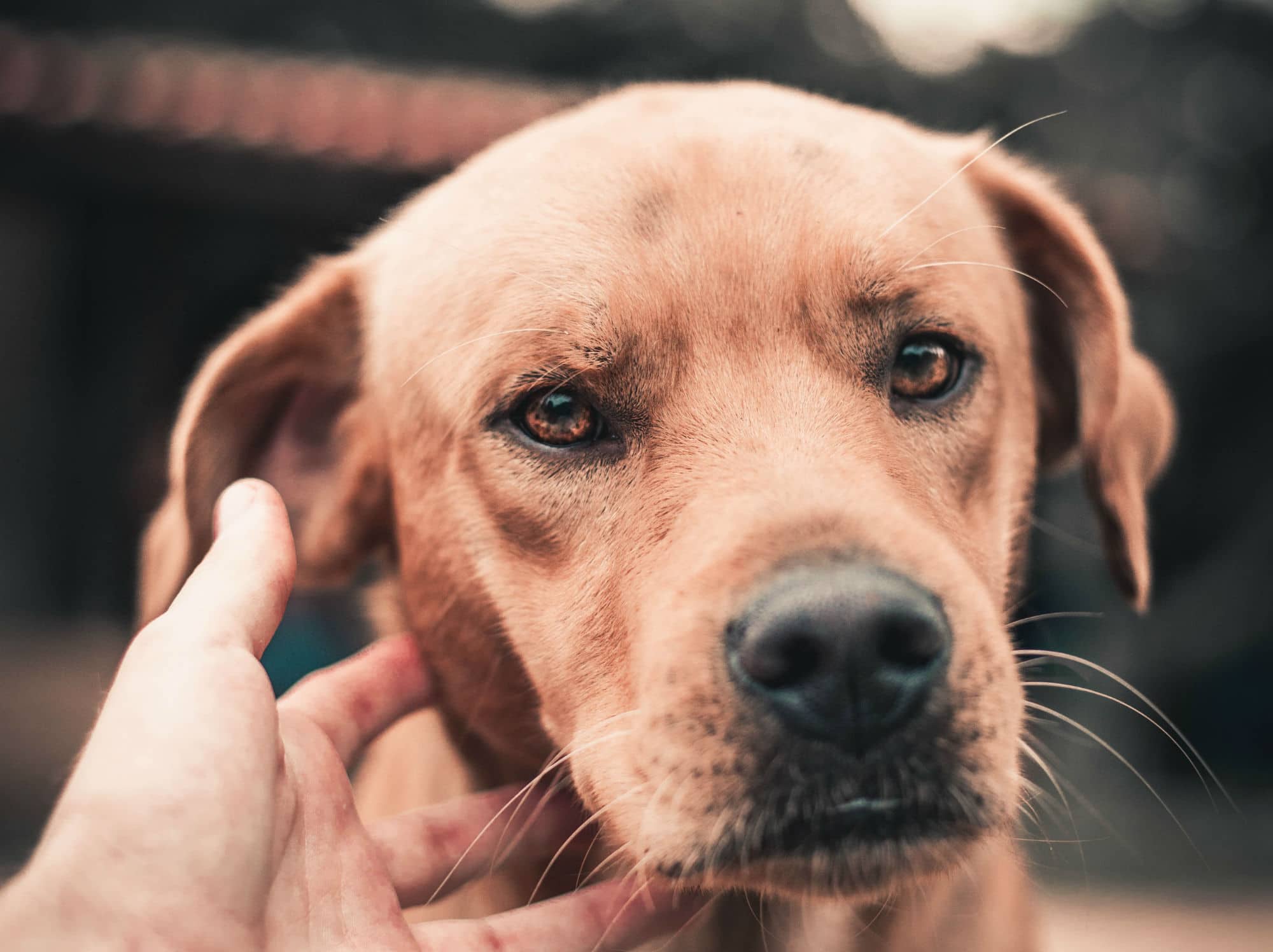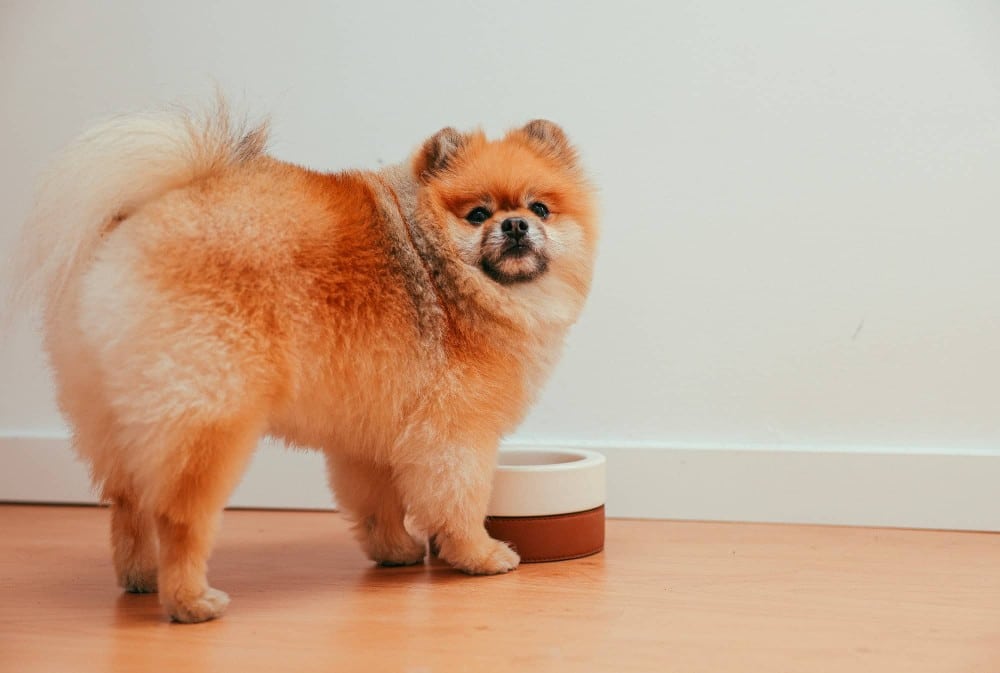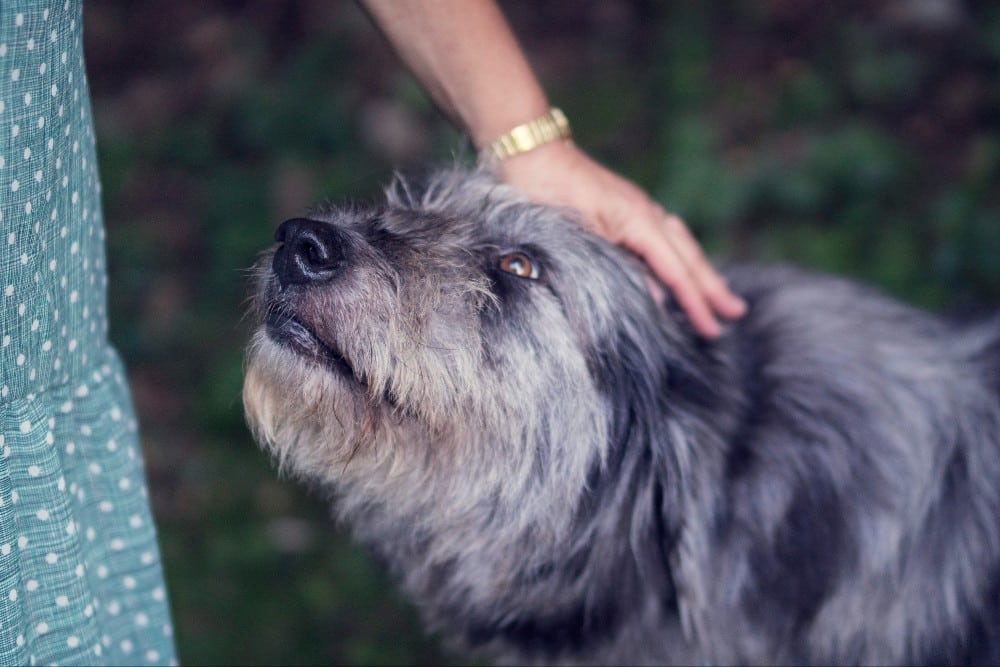The news is flooded with information about coronavirus and how to prevent further transmission. By now, we’ve all heard about the 20-second handwashing rule — singing “Happy Birthday” twice while washing your hands does the trick — and don’t forget to wash between the fingers and the backs of the hands.
But the information about pets is unclear. The consensus is that dogs (and cats) cannot get COVID-19; the dog who tested positive in China was probably around a person who was “shedding large quantities of the virus,” according to the College of Veterinary Medicine at the University of Illinois. (The dog later tested negative.)
Related: Can Dogs Get the Coronavirus?
Scientists and veterinarians have stated that pets cannot get sick with COVID-19 and infect humans; no animal of any kind in the United States has been reported as carrying the disease.
However, dogs may carry germs on their fur from humans, so it’s advised to wash your hands after petting your dog (or any dog), especially if other people have stopped to touch your pup.
Despite the need to “socially isolate” or even self-quarantine, we still need to take care of our dogs.
Here are some tips to best take care of everyone in your household.
Stock Up on Food
While you’re stocking up on TP and Ramen noodles, don’t forget your dog’s food and medicine. If you can, buy enough food for at least two weeks (or more). Get the highest quality food you can afford to keep your dog’s immune system in tip-top shape. If you cook your dog’s food, make a large batch and freeze in portions.
Stock Up on Medicine and Supplies
Fill or refill any prescription drugs your dog needs, as well as stocking up any supplements, vitamins, as well as any heartworm and/or flea and tick preventative. For small-dog people (or people with large bathtubs), replenish dog shampoo, as keeping the fur clean will help keep everyone healthy.
Related: When Disaster Strikes, Here Is What Should Be On Your Dog Emergency Checklist
Connect with a Dog Sitter and Walker
Make sure your emergency plan is in place in case you get sick. If you’re hospitalized or stranded during traveling, you need to be able to reliably contact a dog sitter. If you are sick and “self-quarantining” at home, your dog will still need to be walked. Find someone who you can trust with your dog’s life, and ask them about their last-minute availability. Write up a list of essential information, and store it in an accessible place.
Get Updated Records and Identification
Now’s a good time to get veterinarian records of your dogs’ vaccination history and make sure they have wearable identification, such as an ID tag or identification collars. You will need these records for services like boarding, daycare and dog walking services. Identification will be critical in the event that your dog slips her collar. If you haven’t already microchipped your dog, do so on the next vet visit.
If You Get Sick
People who are sick with COVID-19 can contaminate their dog by sneezing or coughing — and if someone else touches that dog, the virus can be transmitted. So, if you come down with the virus, you must quarantine yourself and your dogs. However, the CDC recommends that you restrict contact with your dogs. This includes “petting, snuggling, being kissed or licked, and sharing food.” If this is impossible, wear a face mask and wash your hands thoroughly before and after contact.


















